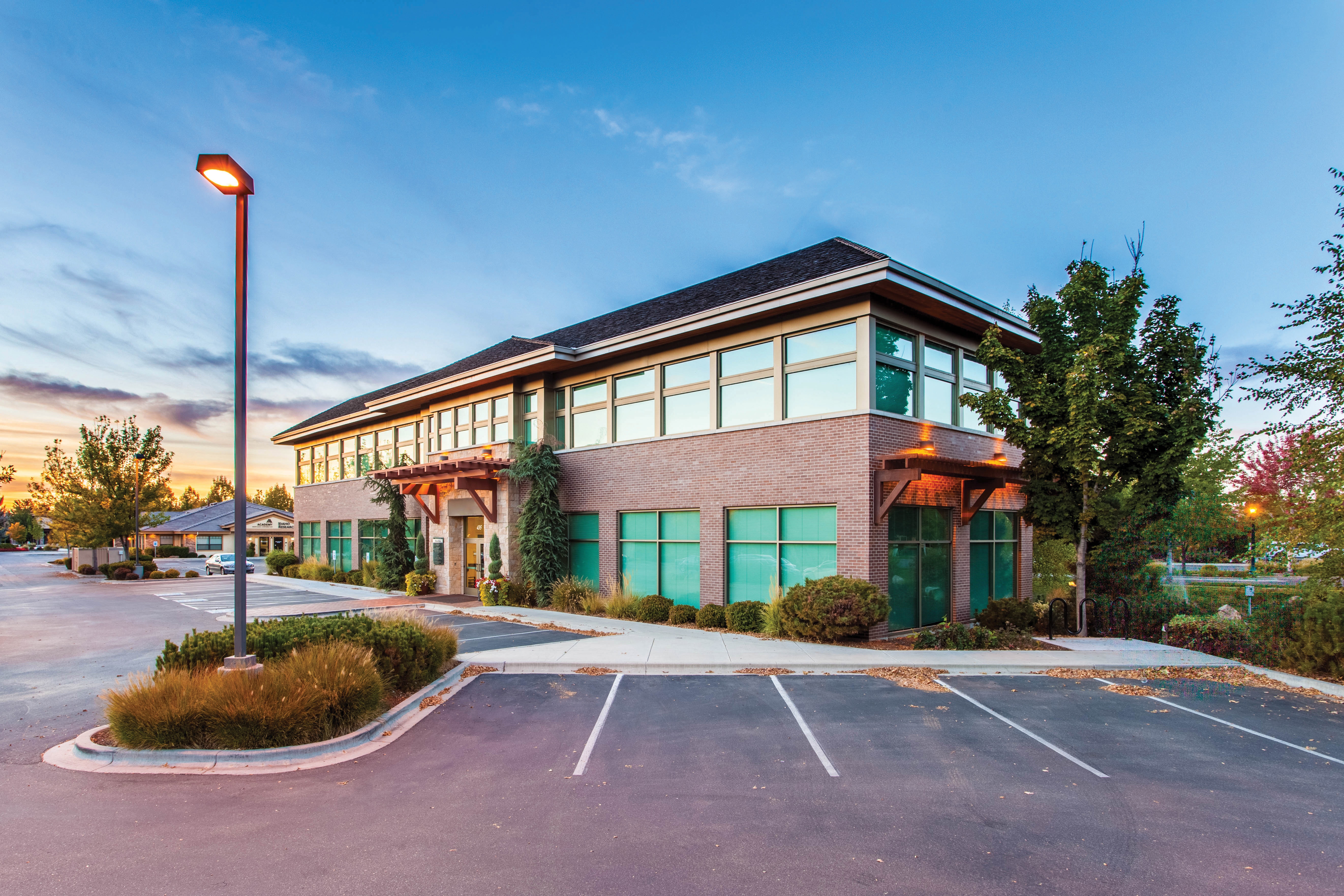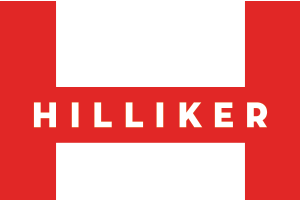If your current commercial lease is coming up for renewal, you’re likely asking yourself questions about your next steps, wondering what it’s like to start building equity in real estate instead of paying rent to other people.
You may also like the idea of increasing your income by of taking on a few tenants while building long-term value for your business. If that’s the case, you’re probably in the same situation as most business owners and wondering exactly how to buy commercial property.
Owning your own property offers many rewards, including:
- Budget Predictability: Eliminate the fluctuating costs of certain lease types with a fixed-rate loan.
- Tax Incentives: Take deductions on mortgage interest, property taxes, depreciation, and more.
- Diversify Your Portfolio: Build equity with a real estate investment.
- Grow Your Spending Power: Your property and building is a capital asset, increasing the value of your business, and improving your credit-worthiness to banks and other lending institutions.
- Create Future Value: If and when you sell your business, you can keep the property as an investment, sell it, or pass it on to the next generation.
If you’re wondering if it’s time to buy, here are the questions you can ask yourself and the steps you can take to find the right property for your needs.
-
Choose an Experienced Commercial Real Estate Broker

Your commercial real estate broker will be your right-hand advocate through the entire process of selecting and closing on a property. Good brokers know how to listen to you and your needs and have a comprehensive knowledge of the area.
You’ll rely on your broker to:
- Match your needs to available property. That’s why capable brokers get to know you to the best of their ability while always keeping abreast of the current market.
- Lend you their experience and counsel as you weigh the risks and rewards of a purchasing a particular property.
- Help you determine if you’re paying the right price for the property in question. We’ll go over all the “comps,” or comparable sales, in the area and help make sure you’re not overpaying.
- Help you negotiate and prepare the contract, structuring a win-win deal. We want to make sure you’re getting the best possible price and protect your reputation in the long run.
- Manage your due-diligence period. Letting a due-diligence item slip through the cracks can be detrimental if you find an issue. We’ll help keep you and your contractors on track.
- Assist you with the zoning process. A competent broker should know how to guide you through the governmental agencies you’re working with, and in many cases will already know many of the officials in a municipality along with the ordinances you’ll need to follow.
-
Determine Your Location and the Amount of Space You’ll Need

Finding the right place for your business is similar for buying or leasing. You’ll need to ask yourself:
- “Where are we located now?” It’s probably a clue to where you should start searching.
- “How far will my employees, customers, and I have to travel?” Often, when you’ve outgrown your space and are ready to buy, you may have to search outside your current ideal area. As you do so, try to narrow your search to areas you and your employees can reach easily.
If you have fleet vehicles, look for areas with access to major arteries. And if your best customers need to get to your new location, find out where they are and how far they might be willing to travel.
- “How much space do we need?” If you’re having trouble predicting your rate of growth over the next several years, it may not be time to buy property. But if you can estimate what you’ll need, it may be the right time.
Warehousing operations have the benefit of being able to look for fewer square feet if they can find more height. In that case, you may be able to cut down on your footprint, which could be a benefit both to your workers and to your bottom line.
-
Set Up Financing with a Trusted Bank

First, you’ll need to decide if you’re in a financial position to buy. Remember, without a lease, you’re responsible for 100% of your operating expenses, but as mentioned earlier, that also means a substantial tax write-off for your business.
A great commercial loan officer serves as a valuable member of your team as you start to determine how much you have to spend, including what sort of down payment you’ll need.
If you don’t already have a banker you know and trust, ask mentors who have made similar purchases. Your commercial real estate broker is a great resource as well, and at Hilliker, we have strong relationships with several of the area’s best banks and can help you choose.
Next, you’ll need to determine what type of loan is right for you.
SBA Loans only require 10% down. However, you’ll have to do a lot of up-front work, complete documentation, and fulfill other requirements, including:
- You must use at least 51% of the property for your company within a year of buying it.
- Your company’s net income (after taxes) cannot surpass $5 million in the two preceding years.
- All parties involved in purchasing the property must prove their personal finances fall within specific parameters.
Conventional business loans have many fewer restrictions and (in some cases) offer lower interest rates than SBA Loans. In either case, you’ll need to speak with a great commercial loan officer to help you make the right choice.
-
Build the Rest of Your Team

Though this is not a complete list, your broker can help match you up with other vital members of your team as needed:
- A top-notch real estate attorney to help you protect your assets.
Though much of a commercial property purchase will be straightforward and handled by your broker, a real estate attorney can help with any rare or unique circumstances having to do with complicated ownership structures, tenant claims, current leases, or environmental difficulties.
- Architects and contractors to help you calculate the need for and the cost of various improvements and renovations. They’ll help you determine if you’re making a wise choice, help you plan for the future, and suggest opportunities for maximizing your new space.
- A reliable Title Insurance Company, which will complete title research for you and make sure there are no issues. They’ll hold your money in escrow and return it to you if the seller doesn’t uphold the terms of the contract or if a red flag comes up. Great title insurance companies will employ legal counsel to help settle disputes as well.
-
Count the Cost of Adding Tenants

As stated earlier, an SBA loan will require you to use 51% of your building for your own business, but tenants will help you diversify the risks and rewards of purchasing a building. If you see yourself growing in the future, you’ll be able to grow into your building instead of needing to move again.
However, you’ll need to make sure you’ve evaluated the situation before you dive in. Your broker will help determine the credit-worthiness of the current tenants by checking their references. We’ll make sure to ask for a personal guarantee from both the business owner and spouse, if applicable.
You’ll also need to determine if the existing lease agreements are compatible with the value of the building—as well as your monthly mortgage. You’ll need to find out if the tenants will require you to make any future improvements and factor that cost into your budget.
-
Be Prepared to Complete Your Due-Diligence
 When you’ve signed a contract, you’ll have several tasks to complete on schedule to fulfill the terms of your agreement or back out if you have to. Your broker will help you manage the process, but be prepared to be part of getting several necessary steps accomplished, including:
When you’ve signed a contract, you’ll have several tasks to complete on schedule to fulfill the terms of your agreement or back out if you have to. Your broker will help you manage the process, but be prepared to be part of getting several necessary steps accomplished, including:
- Obtaining a loan.
- Reviewing and signing documentation.
- Attending to matters concerning the title, zoning, and survey process.
- Reviewing tenant leases.
- Participating in the property inspection.
- Obtaining insurance.
- Other miscellaneous activities.
Are you ready to start looking?
As a Hilliker broker, I’ve had the chance to help many business owners through the highs and lows of purchasing a property. I’ve been able to watch many of my valued colleagues do the same.
Our expertise includes helping you find the right property, negotiate the contract, manage tenants, and guide you through the entire process, beginning to end.
If you’re getting ready to buy commercial property in the St. Louis area, we’d like to be your first call. Get in touch today.

